The mandate of Internal Audit is to assess the effectiveness and adequacy of the internal control systems. It also aims to ensure that applicable government laws, policies, guidelines, and regulations are being followed in the implementation of organizational objectives at a reasonable cost.
According to Section 1708 of the Financial Regulations, the Internal Auditor must submit a half-yearly report to the Accountant-General to certify to what degree they are satisfied with the safeguard against fraud and the control of receipts.
The following areas are of particular interest during the period of auditing:
1. The internal auditor must audit all vouchers before the external auditor.
2. All stock items must be checked and audited before distribution to other departments.
3. The internal auditor must visit zonal stations during the period of auditing to verify the assets.
4. A copy of all Appropriation Accounts must be submitted to the Internal Auditor for proper check and verification.
5. The internal auditor must verify the payrolls of all staff in the Ministry.
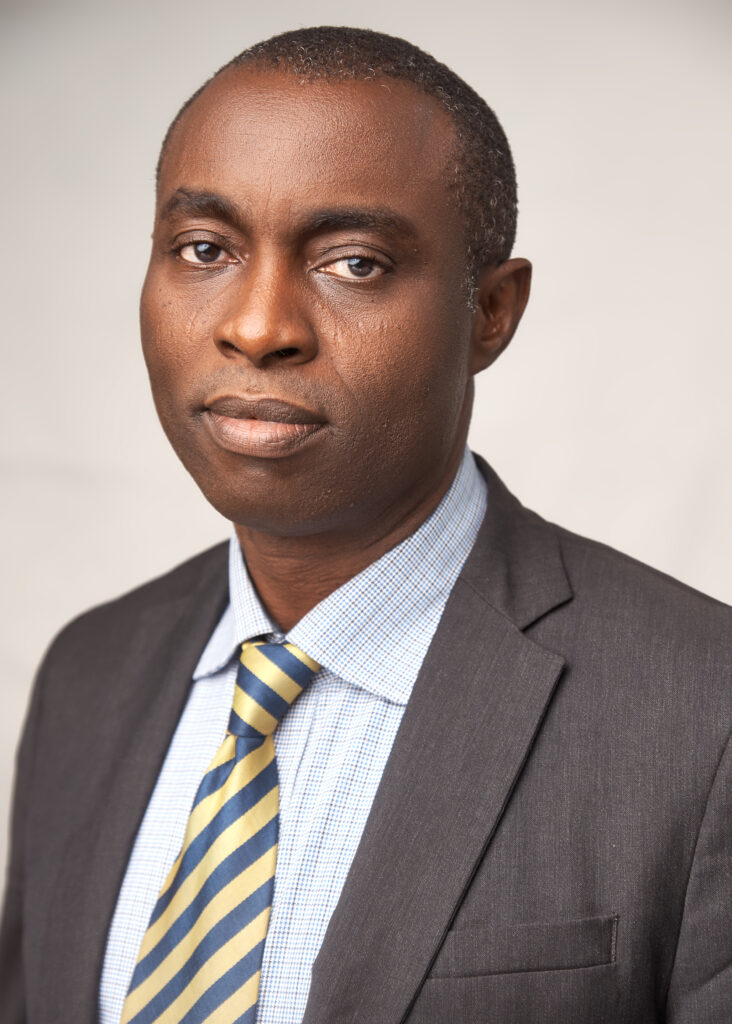
T. G. Samuel
Internal Auditor
The Public Relations Unit is responsible for projecting the image of the Ministry and coordinating all press and publicity matters. The unit consists of an Assistant Director (PRO) and one camera man.
Functions of the unit include:
– Reporting criminal matters in all the judicial divisions in the state
– Providing press coverage and publicity for all activities of the Honorable Attorney-General and Commissioner for Justice, including courtesy visits and the Taskforce on Human Trafficking where the Honorable Attorney-General is the Chairman
– Issuing press releases and statements, including writing drafts of congratulatory and condolence messages on behalf of the Attorney-General
– Anchoring of all indoor and outdoor events of the Ministry as MC
– Writing of memos and reports as may be directed from time to time
– Compilation of the achievements of the Ministry
– Day-to-day management of the Ministry’s Facebook page account
– Distribution of diaries, calendars, and other journals
– Providing publicity for the Public Defender Unit, Justice of the Peace, as well as the Sexual Offences/Domestic Violence Unit of the Ministry
– Production of jingles and all such related activities
– Projecting, promoting, and defending the image of the Ministry
– Serving as protocol officer to the Honorable Attorney-General and Commissioner for Justice
– Any other duty that may be assigned to this unit occasionally.
The Public Relations Unit is responsible for projecting the image of the Ministry and coordinating all press and publicity matters. The unit consists of an Assistant Director (PRO) and one camera man.
Functions of the unit include:
– Reporting criminal matters in all the judicial divisions in the state
– Providing press coverage and publicity for all activities of the Honorable Attorney-General and Commissioner for Justice, including courtesy visits and the Taskforce on Human Trafficking where the Honorable Attorney-General is the Chairman
– Issuing press releases and statements, including writing drafts of congratulatory and condolence messages on behalf of the Attorney-General
– Anchoring of all indoor and outdoor events of the Ministry as MC
– Writing of memos and reports as may be directed from time to time
– Compilation of the achievements of the Ministry
– Day-to-day management of the Ministry’s Facebook page account
– Distribution of diaries, calendars, and other journals
– Providing publicity for the Public Defender Unit, Justice of the Peace, as well as the Sexual Offences/Domestic Violence Unit of the Ministry
– Production of jingles and all such related activities
– Projecting, promoting, and defending the image of the Ministry
– Serving as protocol officer to the Honorable Attorney-General and Commissioner for Justice
– Any other duty that may be assigned to this unit occasionally.

I. Odafe
Public Relations Officer
This unit was established on January 22nd, 2021. Currently, it has a team of three legal officers and a chief clerical officer. The primary objective of this unit is to ensure the effective implementation of the provisions of the Delta State Administration of Criminal Justice Law, 2022.
The unit is also responsible for ensuring the implementation of measures for non-custodial sentencing by courts, in order to reduce the congestion in the correctional services detention centers. It’s worth noting that due to the activities of this unit and the representation of the state in conferences organized by local and international organizations on the level of implementation of the Administration of Criminal Justice Law, Delta State has won several accolades and prizes as the best in the implementation of Administration of Criminal Justice Law in the Federation.
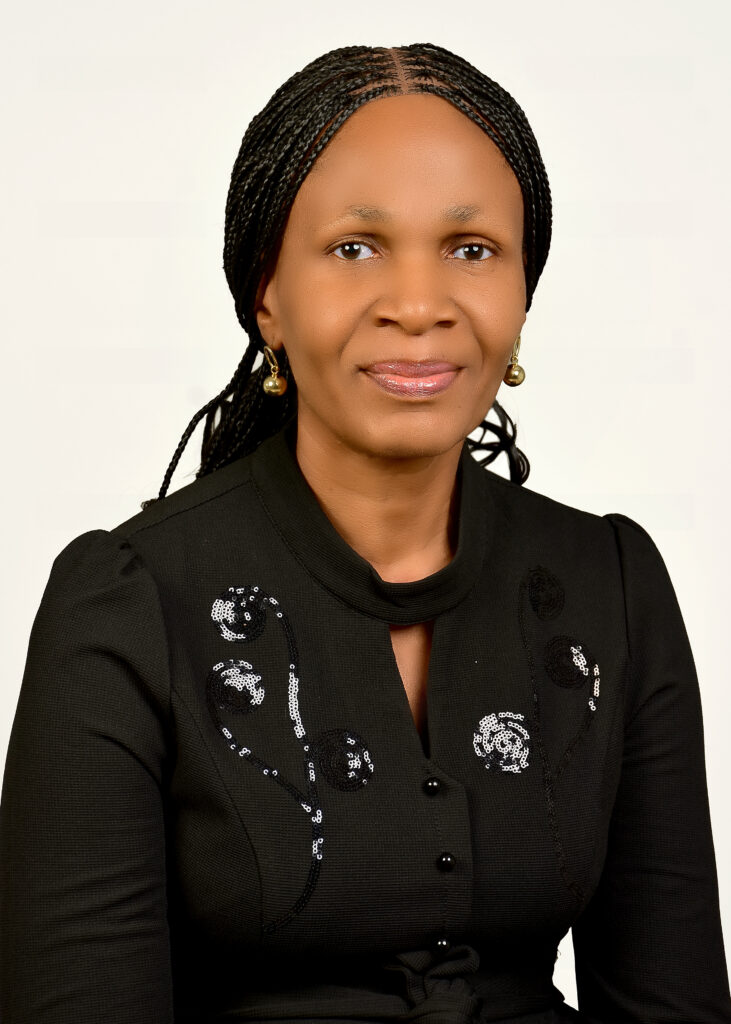
E. U. Nzei (Mrs.)
Director Administration of Criminal Justice Unit
The Sexual Offences, Domestic violence, and Child’s Right unit was created on the 1st day of February 2017 to curb the alarming rate of cases of defilement, rape, assault, domestic violence, etc. Delta State has commenced publication of sex offender’s details as part of the state’s zero tolerance to all forms of sexual and domestic violence. The details include; name, pictures, nature of offence, duration of sentencing handed over by the court. Publication of details of sex offenders is in line with the provision of the Violence Against Persons Prohibition Law of Delta State 2020.
The unit was mandated to provide rapid, holistic, and high-quality treatment, counseling, prosecution, and supportive service to victims and survivors of sexual assault. The unit has uploaded data on cases pending in various high courts in the NAPTIP sexual offender and service provider database which can be accessed through nsod.naptip.gov.ng.
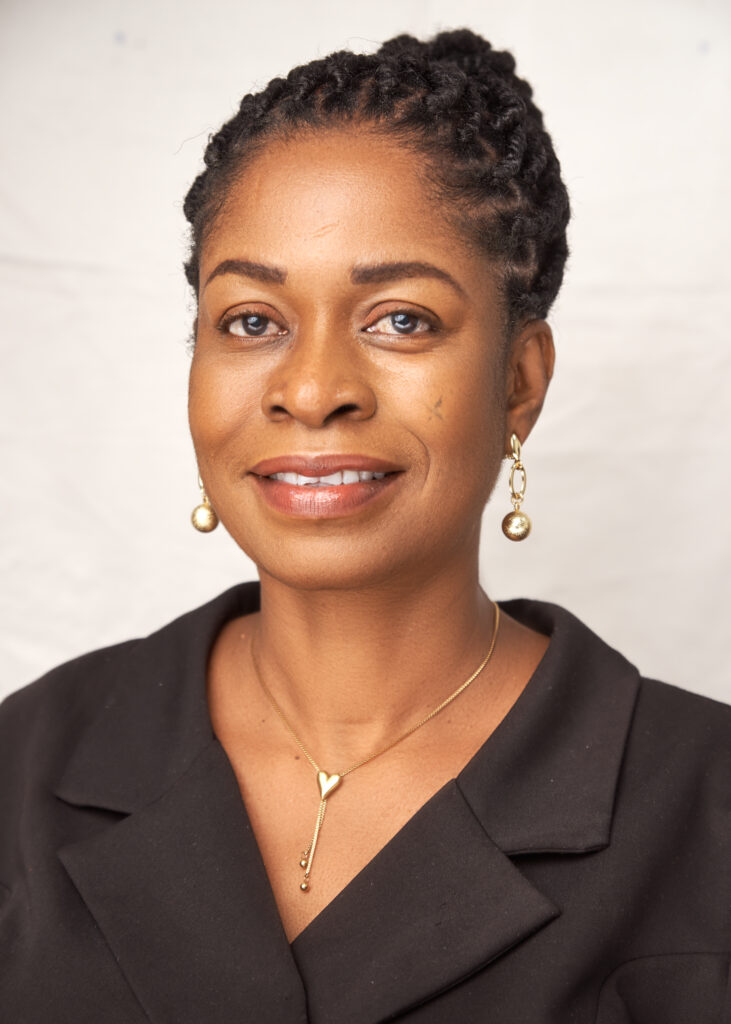
R. O. Oghoro (Mrs.)
Director Sexual Offences, Domestic Violence and Child’s Right Unit.
ACPM is a legal entity established by Section 212 of the Constitution of the Federal Republic of Nigeria (CFRN) and the Delta State Advisory Council on the Prerogative of Mercy Law 2016 (ACPM Law). The ACPM Law states that the secretariat is located in the Ministry of Justice and consists of a team of three (3) staff members. ACPM is responsible for facilitating the governor of the State in exercising his prerogative of mercy, which refers to the power of the governor to grant pardons, either conditional or total, to persons convicted of crimes.
ACPM carefully examines applications from convicts based on established guidelines and recommends appropriate action to the governor, who then exercises his discretion. The governor’s discretion is personal to him and, where exercised in favor of the convict, the warrant of release or commutation of sentence executed by the governor is sent to the correctional center for implementation. A report is then made to the Chief Judge.
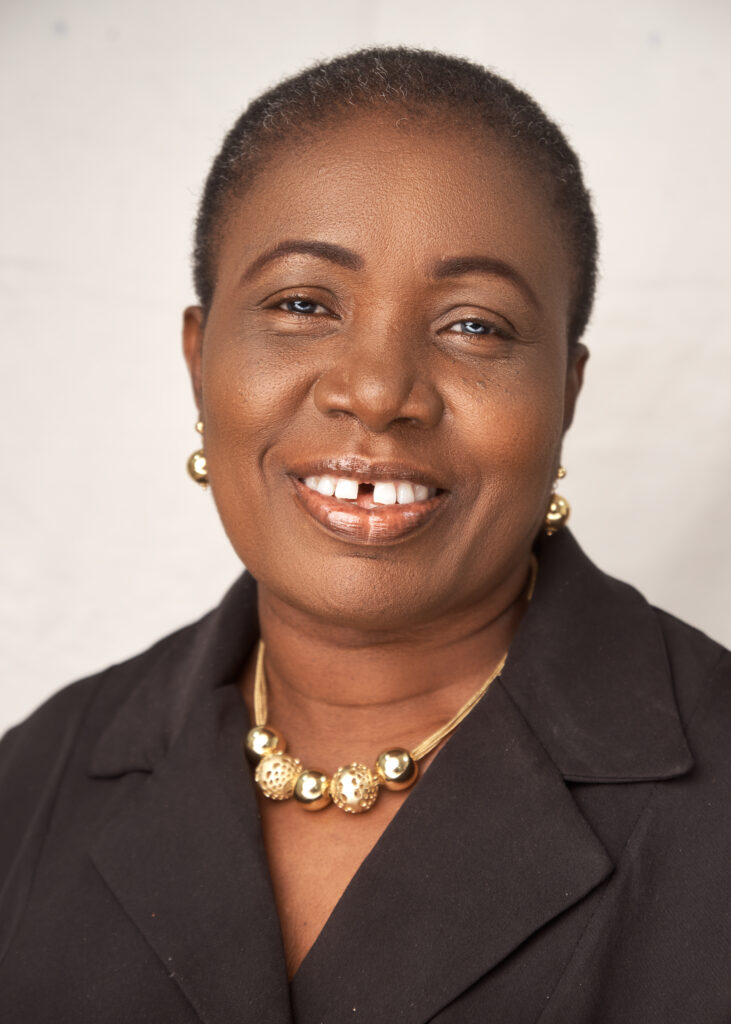
U. R. Monye (Mrs.)
Head of Advisory Council on the Prerogative of Mercy
The Revenue Department is responsible for collecting all the revenue owed to the State Government, which includes rents, fines, taxes, levies, charges, and fees from individuals or companies. If an entity fails to make these payments, the department takes legal action against them. The State can recover such payments through Revenue Courts, and if the entities refuse to pay, they can sue the State at the Federal High Court. Furthermore, we handle appeals to the High Courts from the Revenue Courts of the various Local Governments.
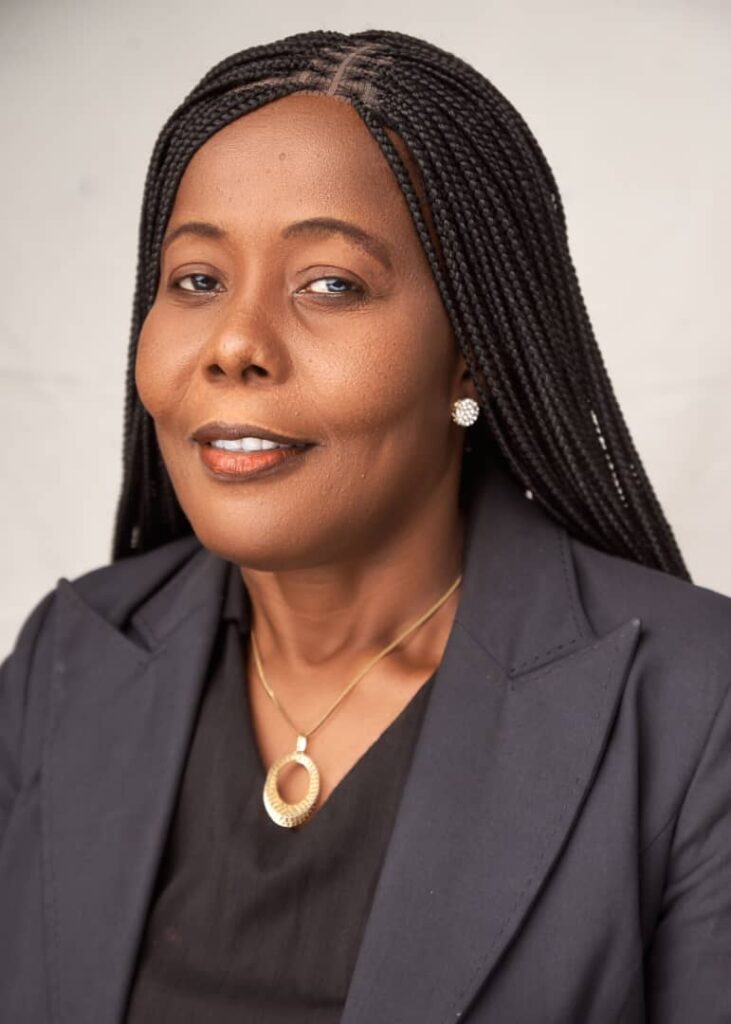
P. O. Onianwa (Mrs.)
Head of Revenue Unit
The Anti-human Trafficking unit of the Ministry of Justice was created in October, 2021. Its creation was predicated upon the inauguration of the Delta State Taskforce on Human Trafficking and Irregular Migration in March 2019, the office of the Honourable Attorney General and Commissioner for Justice as Chairman of the Taskforce. The Anti –Human Trafficking unit functions as the secretariat of the Taskforce and is engaged in anti- human trafficking Advocacy and sensitization, coordination of inter-agency and multi-stakeholder collaboration for the rescue and reintegration of victims of trafficking in the State, Counselling and psychosocial support to victims, investigation and prosecution of human trafficking case as well as referrals.
Since its inception, the Taskforce through the Unit has received a total of 36 cases involving 60 victims of trafficking most of which have been rescued and several arrests made.
The Taskforce has also collaborated with the National Agency for the Prohibition of Trafficking in Persons (NAPTIP), National Commission for Refugees, Migrants and Internally Displaced Persons (NCFRMI), and other MDAs and CSOs to provide reintegration support to over 100 returnee and potential migrants of Delta State origin.

I. Nwanze (Mrs.)
Anti-Human Trafficking Unit
The Appeals Unit was created to handle all appeals in the Ministry and to ensure effectiveness and efficiency in the manner cases at the appellate court are handled. The unit has a team of dedicated legal officers who are solely responsible for handling only appeal cases in the courts. The unit has four (4) legal Officers and one (1) administrative staff.
FUNCTIONS:
- Writing of legal opinions in respect of appeal matters.
- Arguing motions at the Court of Appeal and Supreme Court.
- Arguing both Civil and Criminal Appeals at the Court of Appeal and Supreme Court.
- Preparing both Civil and Criminal Appeal briefs.
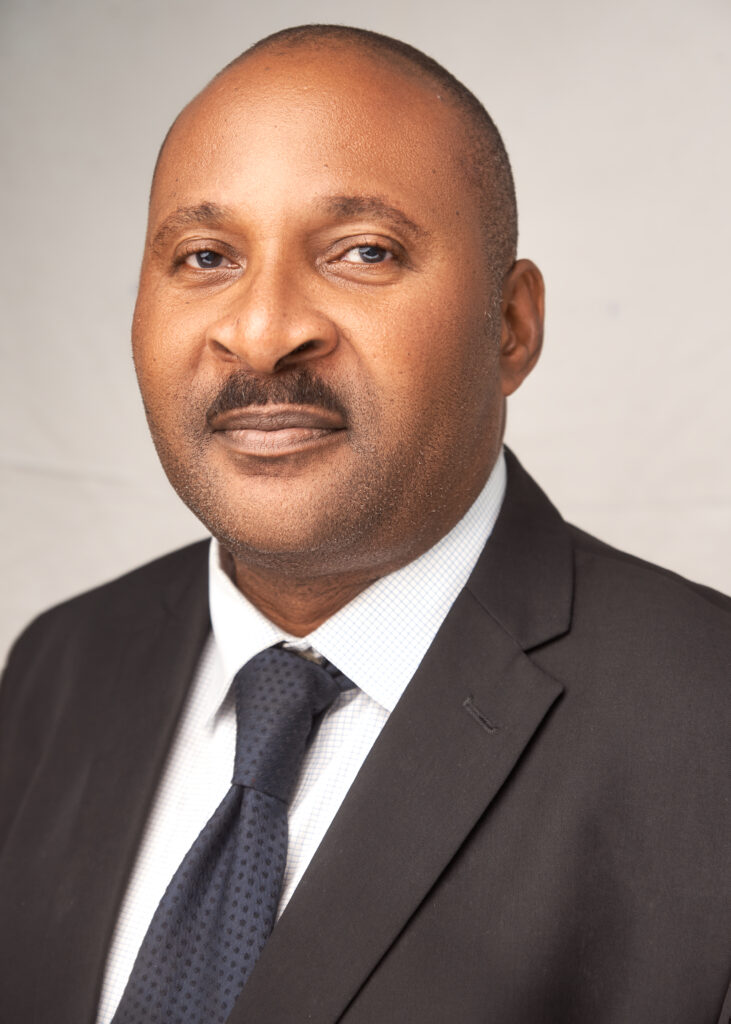
C. Agbagwu
Director Appeals Unit
This unit was set up in 2023 in line with Section 14 of the Administration of Criminal Justice Law, 2022. Restorative Justice is an approach aimed at addressing unlawful conduct outside the traditional criminal prosecution process, with the aid of a facilitator, that provides an opportunity for the offender and the victim of the unlawful conduct or other community representatives to collectively seek a resolution that repairs the harm caused by the unlawful conduct and allows the offender to make amends to the victim or the wider community.
Unlike traditional Court room litigation, Restorative Justice focuses on holding the offender accountable in a more meaningful way. It repairs the harm caused by the offence, helps to re-integrate the offender into the community and helps to achieve a sense of healing for both the victim and the community.
FUNCTIONS OF THE CENTRE FOR RESTORATIVE JUSTICE
- Rebuilding and sustenance of relationships by looking at the future rather than emphasizing the past conduct of offenders. Just like ADR, rather than look at the rights and obligations of parties only, or focusing only on the interest of the State, the centre is tilted more to the interests of the parties.
- The Centre serves as a major tool for non-custodial measures for decongesting the over-burdened correctional centres and a major cost saving tool for the State as against the heavy costs related to traditional court room litigations including reduction in the Courts cause list.
- The Restorative justice Centre in seeking to discover the underlying causes of dilatory conduct uncovers the rationale behind such deviant behaviours and undergoes a voyage of discovery to cure such defects which is usually carried out through victim support programs and offender rehabilitation programs such as: provision of therapy – psychological and religious, community support centres, skill acquisition programs, education, role modelling, Government amenity support initiatives e.t.c. The above is based on the philosophy that social disorder begets chaos and under development, while social cohesion breeds peace and development.
- The Restorative Justice Centre promotes Offender reintegration and sense of belonging based on the notion that if an offender does make amends, then he or she should be reintegrated into society. Moreover, offenders must also be protected from retribution so that society does not suffer from norms of revenge-taking, as revenge taking can lead to spiralling cycles of crime and violence that escalate out of control and potentially lead to massive social disorder.
WINDOWS TO RESTORATIVE JUSTICE
These are bodies through which referrals are made to the Centre for Restorative Justice, they include:
- Ministry of Justice
- The Courts
- The Police, Department of State Services and other Justice Agencies
- The Custodial Centres
- Schools
- Communities
- Civil Society Organisations e.t.c.

P. J. Ezeana-Ejiofor
Head of Restorative Justice Unit